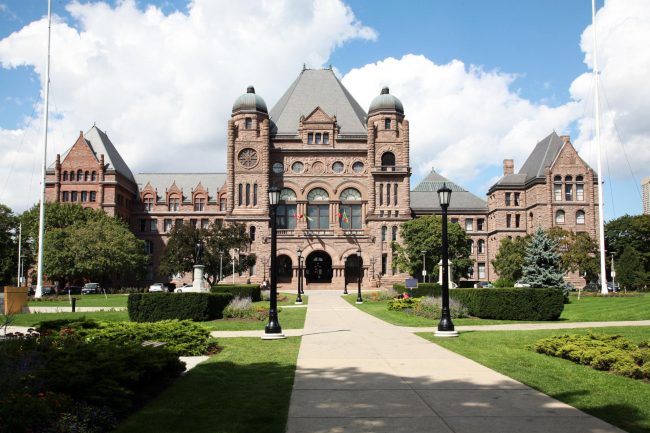Federalism in the Digital Age: How Federal Structures in Germany and Canada Impact Digitalization Policy
Author: Jella Ohnesorge – Digitalization policy is characterized by its dynamic development and cross-cutting qualities, as well as the fact that many countries are overwhelmed by it. During the COVID-19 pandemic it became very clear how important digital governance is and how beneficial effective digitalization policy can be for citizens and public administration alike.










